Slow travel is a new philosophy. Do less. See less (for now). Connect with locals.
When planning your travel itinerary it’s easy to get swept away with how many sights and activities you want to “squeeze” in over the time you’re away.
This can be daunting, frustrating, and challenging. Planning a trip means arranging accommodations for a specific amount of time, transportation to and from different destinations, and booking excursions, activities, and must-see tickets.
You might be spending hours or days coordinating the perfect trip that includes all the great parts of your destination. If you’re looking for a new approach to travel, you might be interested in a phenomenon called ‘Slow Travel’.
What does ‘Slow Travel’ mean exactly?
Slow Travel, is the travel version of the slow food movement from 1980s Italy. Slow Food is an organization that began in 1986, founded by Carlo Petrini in Italy, who was determined to resist the opening of a McDonald’s near the Spanish Steps in Rome. The mission of this organization is to promote local food and traditional cooking, preserve regional cuisine, and encourage farming.
The slow food movement is still relevant today because chain restaurants have grown exponentially across the globe. When was the last time you traveled to Europe and didn’t see a McDonald’s, Starbucks, or Chipotle?
Connecting with local food and cuisine is much more beneficial than eating at a fast food chain that we’ve gotten used to because it means connecting cultures, food traditions, cooking techniques, farming methods, and other life basics that we often miss with chains.
Now, imagine if we utilized this same idea when we create and execute our own personal travel plans. Enter the slow travel philosophy. Slow travel, like slow food, emphasizes the connection we have to not only food, but to families, local people, and culture.
A good definition of slow travel would be the emphasis on quality over quantity. Just because you do more, doesn’t mean it’s as good (kind of like sleeping and eating). The idea of “quality over quantity” is extremely relevant to many aspects of our lives today, including our fitness routines, work ethics, and wellbeing.
We are seeing more and more of this trend on social media, where people are putting down their phones, spending time outside, and living their lives less mindlessly than they have before. This could mean enjoying food, learning where it came from and focusing on one task at a time in the workplace.
How do you plan slow travel?
Time is the root of slow travel. To move slow or fast is a measurement of time. So basically, slow travel wants you to take your time and truly enjoy what’s around you, soak it all in whether it’s cuisine, culture, or nightlife (to name a few).
Start by planning less. Book minimal things like your flights, bus tickets, and stays, but don’t book activities and excursions so far in advance. Drop the tour guides and planned out things that make travel more efficient.
When it’s available, consider booking House Carers or Couchsurfing, where you can live like a local, with a local, at little to no charge, saving you money and extending your time in certain places.
Sounds pretty good right? Read on for more benefits of the slow travel mindset!
5 BENEFITS OF SLOW TRAVEL
Slow travel helps us to slow down (literally).
When we travel, we are usually traveling to see the sights, learn important historical facts, experience other cultures, and ultimately feed our wanderlust.
On a regular itinerary, it is often that you are squeezing a lot into a little bit of time. We do this often during our 9 to 5 jobs, our desk jobs, our remote work, and spending time with the people we love. But when you are traveling, it is important to slow down, take a step back, and soak it all in even though it can all be so exciting and invigorating.
Slow travel can be more budget-friendly than quick trips.
For instance, if you are staying somewhere longer, you may have the opportunity to eat meals with locals in their homes, visit with relatives who will cook for you, or cook your own meals.
Some destinations don’t have food trucks and cheap eats that you can buy right on the street, which means visitors are left with restaurants or cafes three times a day – this adds up.
If you choose to house sit, accommodation is more budget-friendly as well. Finally, if you are staying in one place longer, transportation costs are cut down too – you won’t be moving as much, you might not be moving at all, and depending on your destination, this could save you big bucks.
You’ll learn more about a culture than you would in just a few days or a few hours.
When we slow down our plans, the amount of time that frees up for wandering, meeting locals, and actually spending time with those people in their own culture suddenly expands.
You might meet locals all the time when you travel. The difference is, when you can spend more time with them than just one meal or coffee chat, you will learn so much more about their culture. For instance, maybe visiting their places of worship with them, a family mealtime, or other local customs become accessible.
You’ll learn to live like a local.
When you meet locals, you’ll live like them too. Depending on the length of your stay, you’ll pick up on tips and tricks that websites and tour guides won’t always release to you. For instance, does this train route makes sense? Is the bus system actually reliable? What areas should I stay away from?
Travel slower, watch your stress levels drop.
Before you leave for your journey, stress levels can be high. You’re thinking about planning and executing a really great trip, and sometimes you need to consider other things like health risks, insurance, and maintaining a budget.
If you travel slower, there’s no pressure to complete so many tasks or have everything ready to go, it’s much more “go with the flow.”
Now that you know what slow travel is, are you ready to give it a go? How do you think traveling slower will change your connections with the world? Leave us a comment below!

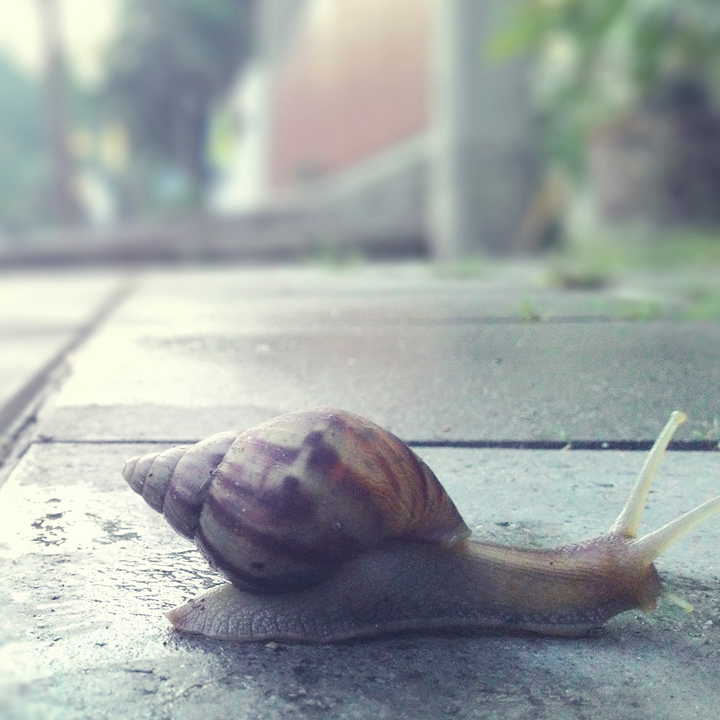
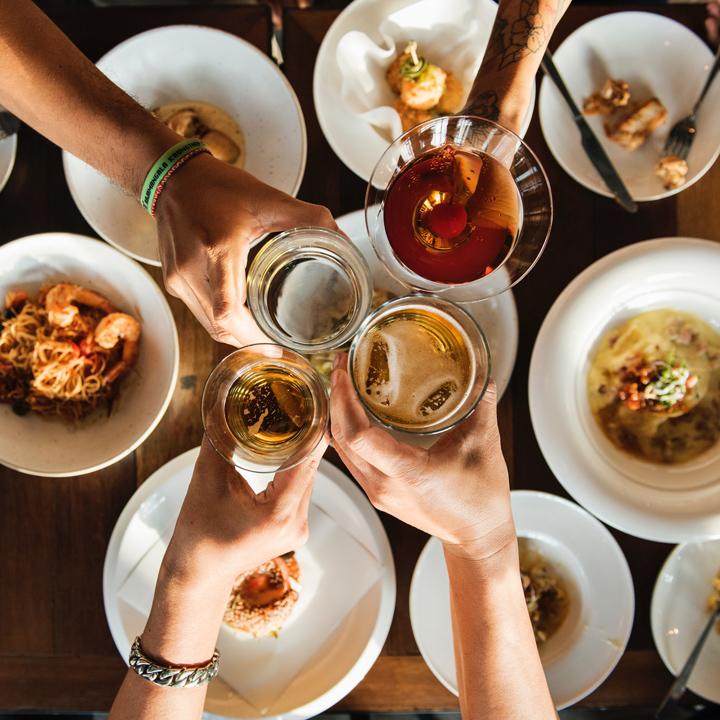
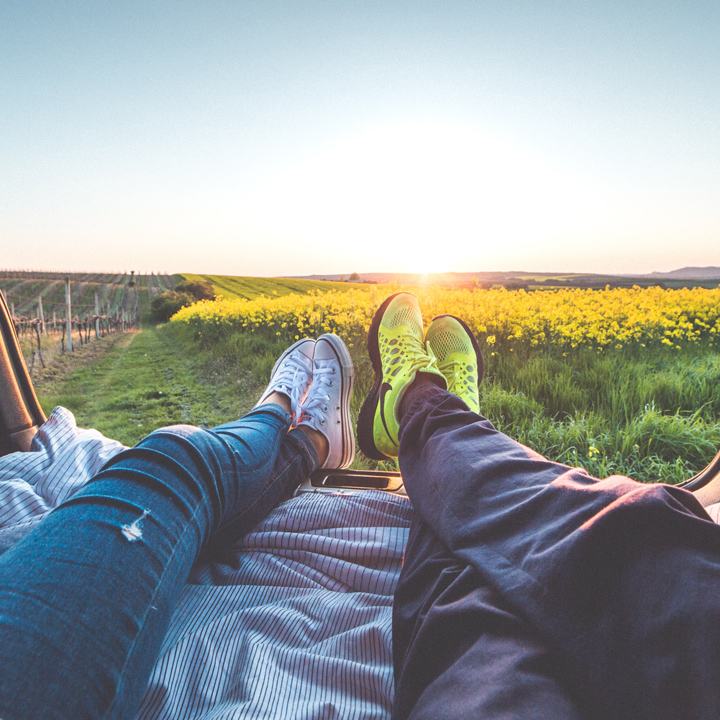


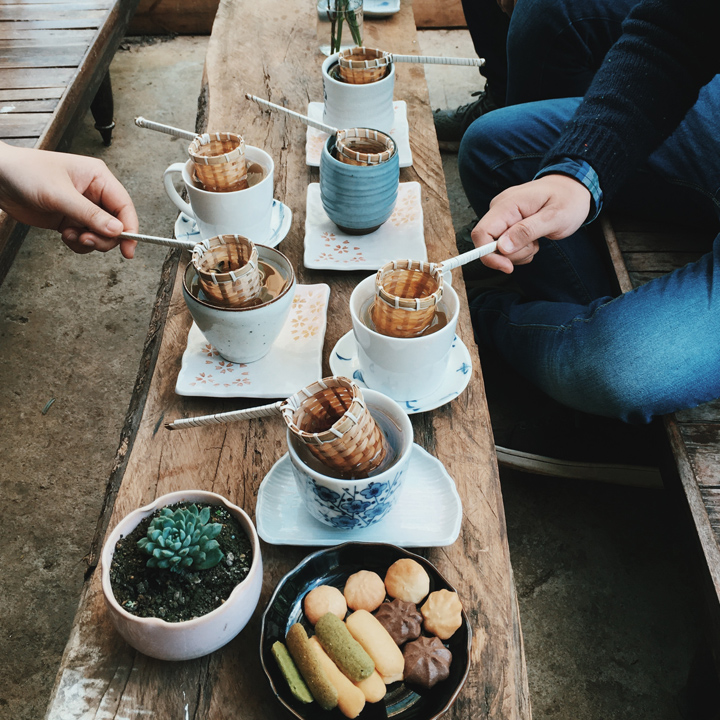
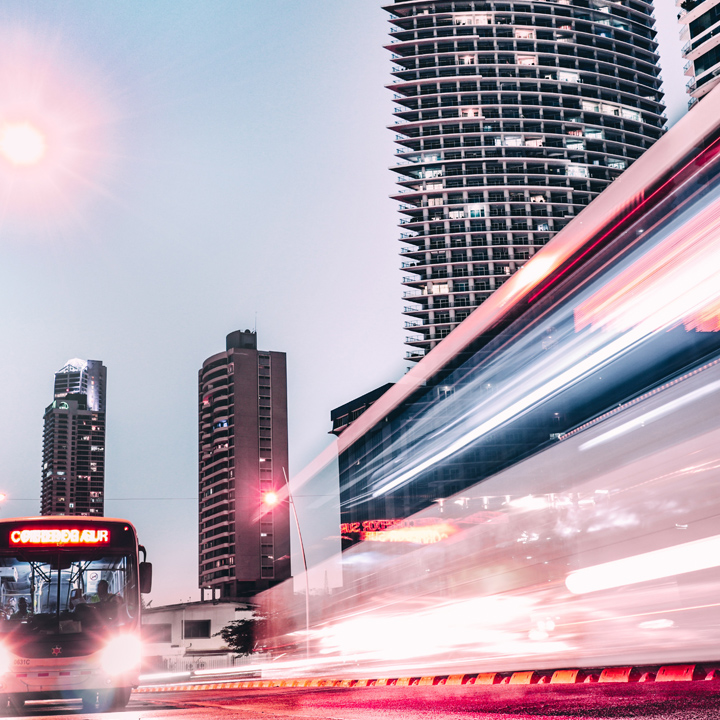



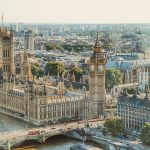









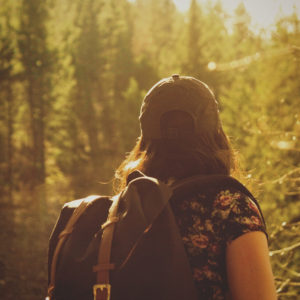
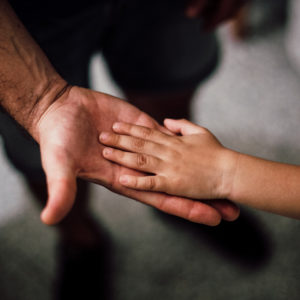
One Response
Great article. As I enter my mid-30’s, I now understand the importance of traveling much slower. You really get to foster longer term relationships and set down roots when you travel.
Also, you learn more of the language and can cover destinations much more in-depth. Of course, there is a drawback because I don’t get to visit as many cities. I still have a long list of places to go to.